Palm oil mill effluent, or POME, is the effluent generated from the final stages of palm oil production in the mill. For every tonne of crude palm oil extracted from milling, about 2.5 tonnes of POME is generated ( Sulaiman et al., 2009 ), and in 2005, about 66.8 million tonnes of POME were produced ( Vairappan & Yen, 2008 ).
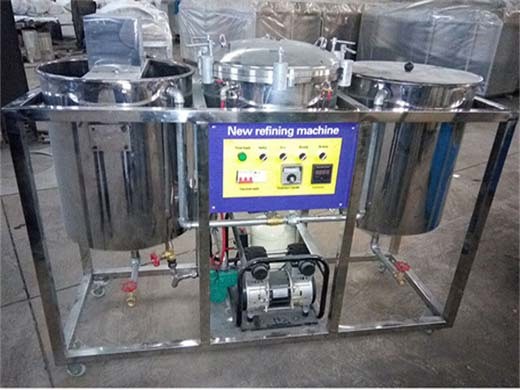
The feasibility of using these oil palm biomass and Palm Oil Mill Effluent (POME) as a feedstock for bioenergy production has received overwhelming interests worldwide in the effort to confront the energy crisis. This chapter discusses the availability, demand, and potential and future direction of oil palm resources from oil to biomass waste as the feedstock for bioenergy conversion.
Get Price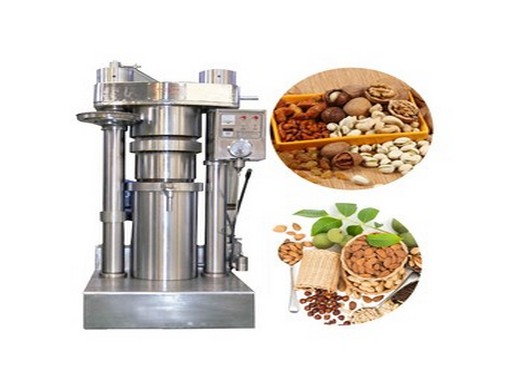
The feasibility of bioethanol production from spontaneous fermentation of palm oil mill effluent was carried out. Cooled POME (1.5L) was allowed to ferment spontaneously for 21 days for analysis ...
Get Price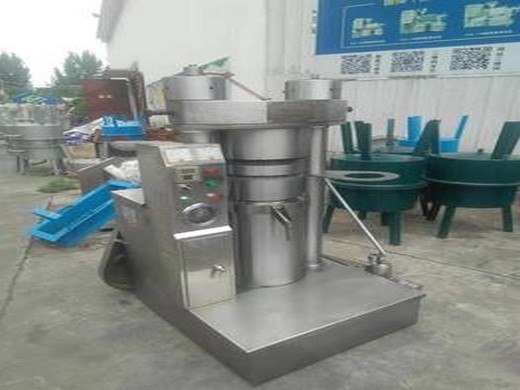
Biogas production from palm oil mill effluent is one of the best options for economic expansion and this would reduce environmental impacts in developing countries like Malaysia. This study aims ...
Get Price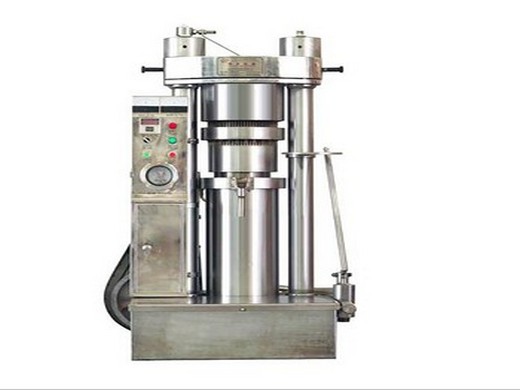
In a typical palm oil mill, almost 70% of the fresh fruit bunches are turned into wastes in the form of empty fruit bunches, fibers and shells, as well as liquid effluent. These by-products can be converted to value-added products or energy to generate additional profit for the Palm Oil Industry.
Get Price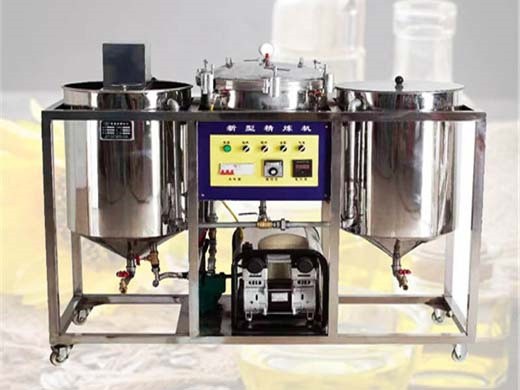
Palm Oil Mill Plant Flow Chart Introduction: 1.Palm oil mil process of bunch reception: as palm fruit unloading, cleaning, storage platform during palm oil mill processing, all hydraulic segmented discharge. 2.Palm oil mil process of sterilization: the use of high temperature to cook soft fruit bunches and sterilization, easy to separate fruit bunches, soft fruit, increasing the humidity of ...
Get Price
1. Introduction. Oil palm is the most important product from Malaysia that has helped to change the scenario of it’s agriculture and economy. Lignocellulosic biomass which is produced from the oil palm industries include oil palm trunks (OPT), oil palm fronds (OPF), empty fruit bunches (EFB) and palm pressed fibres (PPF), palm shells and palm oil mill effluent palm (POME).
Get Price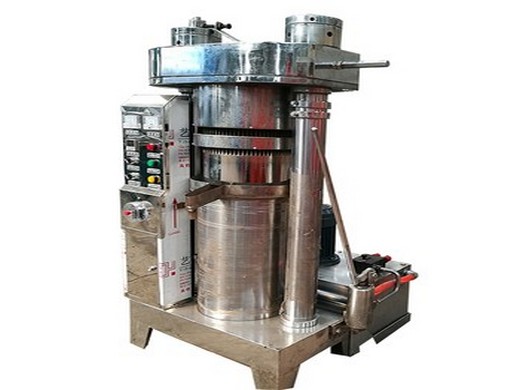
Introduction. Bio‐waste from palm oil mills (POMs) plays a significant role in the sustainable development of several nations. In 2015, the world crude palm oil (CPO) production was 58.84 million metric tonnes (MMT) 1 which was produced via 294 MMT of fresh fruit bunches (FFBs) (based on an oil extraction rate of 20%). Two types of CPO extraction processes are used: dry and wet processing ...
Get Price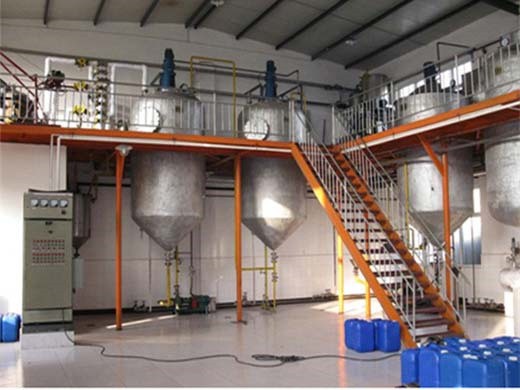
LIFE CYCLE ASSESSMENT OF THE PRODUCTION OF CRUDE PALM OIL (Part 3) ... inorganics came from upstream activities and the palm oil mill effluent (POME) in the mill. Both these impact categories are related to air emissions. The main air emission from the POME ponds during the anaerobic digestion was biogas which consisted of methane, carbon dioxide and traces of hydrogen sulphide. The ...
Get Price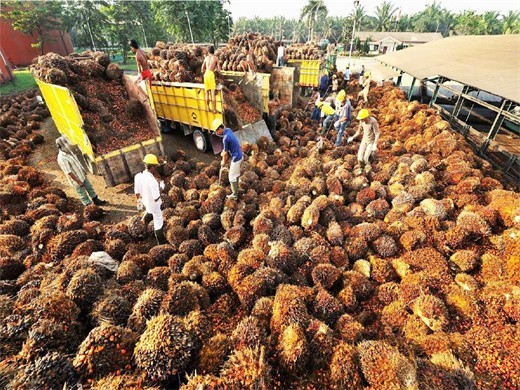
Fresh Fruit Palm Oil Press Production Line Section Introduction: We can offer turnkey palm oil press plant solutions from plant layout design, machinery manufacturing, onsite debugging and installing Our palm fruit oil processing plant capacity range from 3t h to 100t h with automatic palm oil mill
Get Price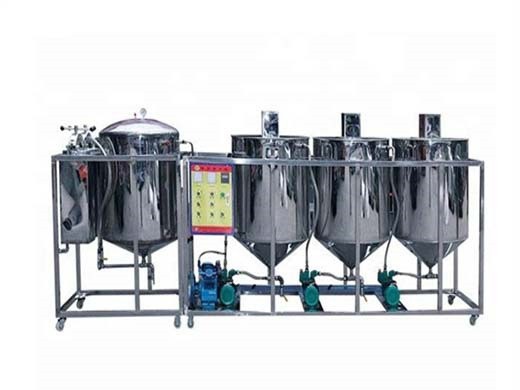
Two-stage for biohythane production from palm oil mill effluent was investigated. • Hydrogen and methane yield were 170–200 L H 2 kgCOD −1 and 210–292 L CH 4 kgCOD −1.. Biohythane production was 4.4 L biogas L −1 d −1 with 51% CH 4, 14% H 2 and 35% CO 2.. Two-stage process has 34% higher energy yield than one stage methane production.
Get Price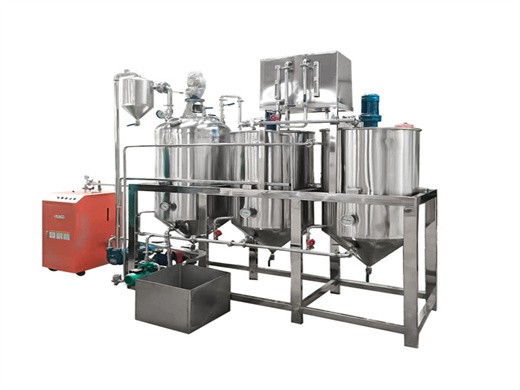
2025-03-23· Palm Oil processing gives rise to highly polluting wastewater, known as Palm Oil Mill Effluent (POME), which is often discarded in disposal ponds, resulting in the leaching of contaminants that pollute the groundwater and soil, and in the release of methane gas into the atmosphere.. Properties of POME. POME is an oily wastewater generated by palm oil processing mills and consists of various
Get Price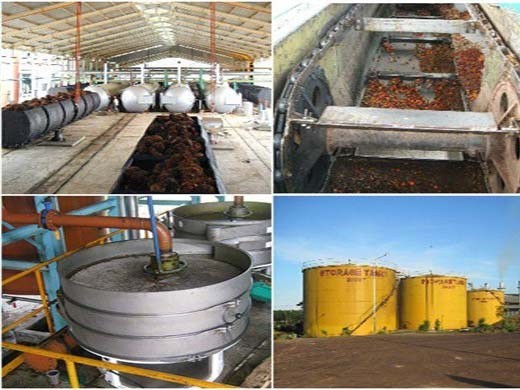
Production of Energy from Palm Oil Mill Effluent during Start-up of Carrier Anaerobic Baffled Reactor (CABR) Equipped with Polymeric Media Amirhossein MALAKAHMAD, and
Get Price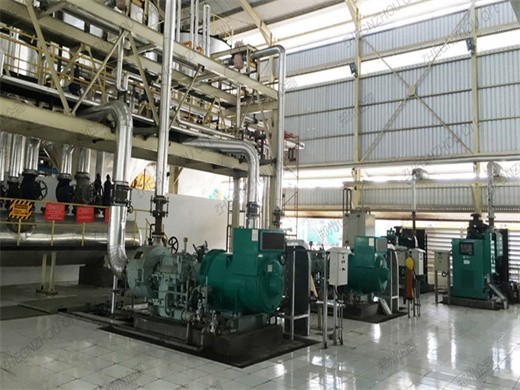
Palm oil mill effluent is a wasteful part from production of palm oil. This study intends to investigate if the dried product obtained from the two processing methods; water displacement and
Get Price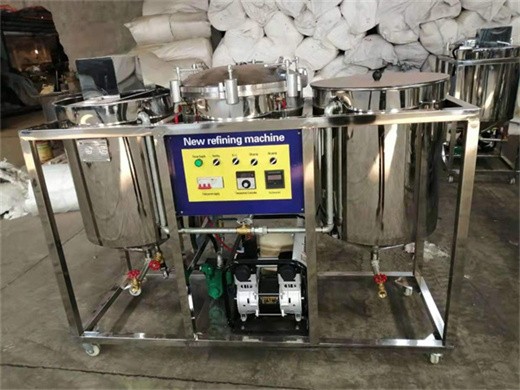
However, about 5–5.7 tons of water was required in order to sterilize the palm fruit bunches and clarify the extracted oil to produce 1 ton of crude palm oil resulting in 50% of the water turning into palm oil mill effluent (POME). POME is one of the major environmental pollutants in Malaysia. The characteristics of POME and its behavior, if
Get Price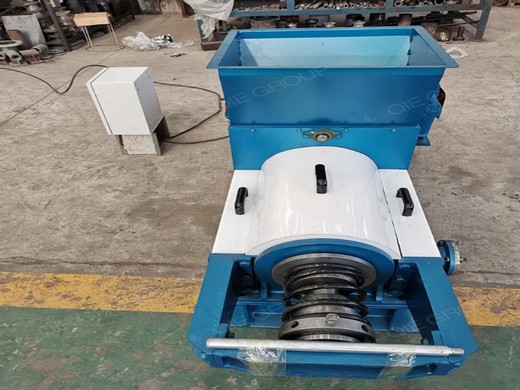
Palm oil mill effluent is the voluminous liquid waste that comes from the sterilisation and clarification processes in milling oil palm. The raw effluent contains 90-95% water and includes residual oil, soil particles and suspended solids.
Get Price
2011-11-08· Palm Oil processing gives rise to highly polluting waste-water, known as Palm Oil Mill Effluent (POME), which is often discarded in disposal ponds, resulting in the leaching of contaminants that pollute the groundwater and soil, and in the release of methane gas into the atmosphere. POME is an oily wastewater generated by palm oil processing
Get Price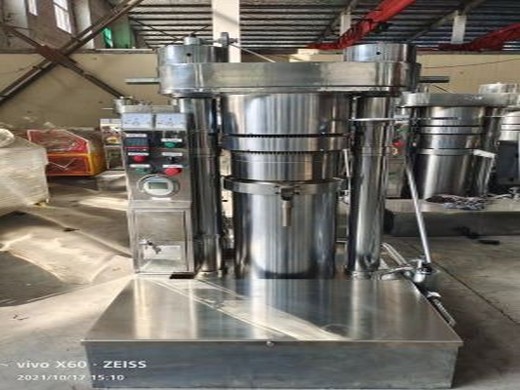
2015-06-18· 1. Introduction. Palm oil industry is one of the most important types of agriculture based commerce in Malaysia and Indonesia. Malaysia covered about 5 million hectares of the palm cultivated area with 426 operating mills in 2011 [].Large quantity of water is required during the extraction process; consequently, the palm oil production generates huge quantity of palm oil mill effluent (POME).
Get Price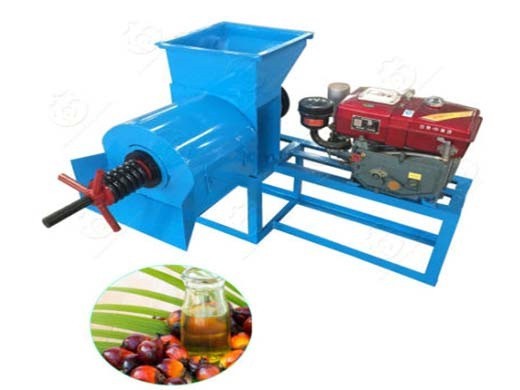
Waste to Energy Biogas Production Utilizing Palm Oil Mill Effluent (POME) in Indonesia Sundar Bajgain Senior Advisor, SNV Background Palm oil mills are one of the most important agro-industries in Indonesia as Indonesia is one of
Get Price
This is a scale-down study of a 500-m 3 methane recovery test plant for anaerobic treatment of palm oil mill effluent (POME) where biomass washout has become one of the problems because of the continuous mixing of effluent during anaerobic treatment of POME. Therefore, in this study, anaerobic POME treatment using a scaled down 50-l bioreactor which mimicked the 500-m 3 bioreactor was
Get Price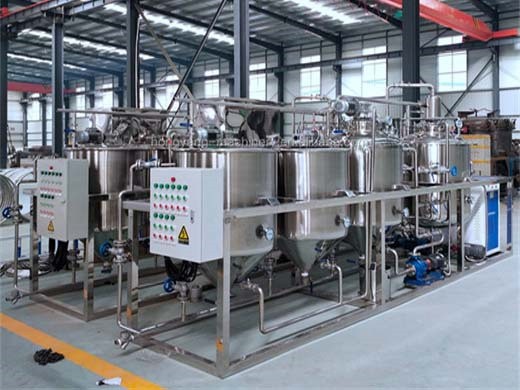
Palm oil mill effluent and palm oil sludge . The palm oil mill effluent, the final liquid discharge after extracting the oil from the fresh fruit bunch, contains soil particles, residual oils and suspended solids but only 5% of dry matter. While Wambeck (1990) stated that it represents 0.5 t/t of fresh fruit and can cause serious problems to
Get Price
InternationalJournalon Advanced Science Engineering InformationTechnology Pre-Treatment Effect of Palm Oil Mill Effluent (POME) during Hydrogen Production by a Local Isolate Clostridium butyricum Syafawati Ahmad Kamala,1, Jamaliah Md Jahima,2, Nurina Anuara, Osman Hassanb, Wan Ramli Wan Daudc, Mariatul Fadzillah Mansora and Shah Samiur Rashida a Department Of Chemical Engineering
Get Price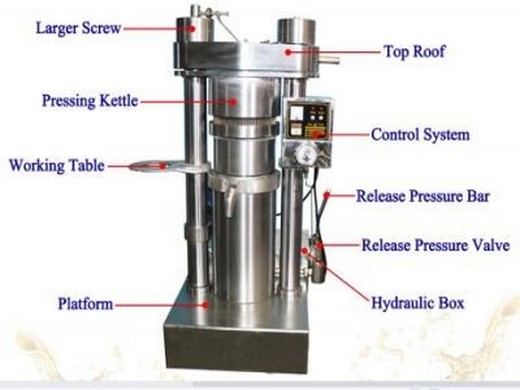
POME Palm Oil Mill Effluent. Palm Oil Mill Effluent (POME) floats at the top of the POME ponds is a waste water/sludge arising at a palm oil mill during the palm oil production process. This waste water is released to a system of ponds (POME ponds) to remove solids, oil and grease into aerobic ponds before discharging the water into waterways.
Get Price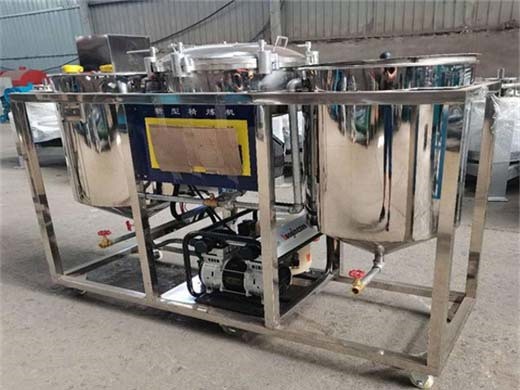
Production of Energy from Palm Oil Mill Effluent during Start-up of Carrier Anaerobic Baffled Reactor (CABR) Equipped with Polymeric Media. Amirhossein MALAKAHMAD 1), Witton YEE 1) 1) Civil Engineering Department, Faculty of Engineering, Universiti Teknologi PETRONAS
Get Price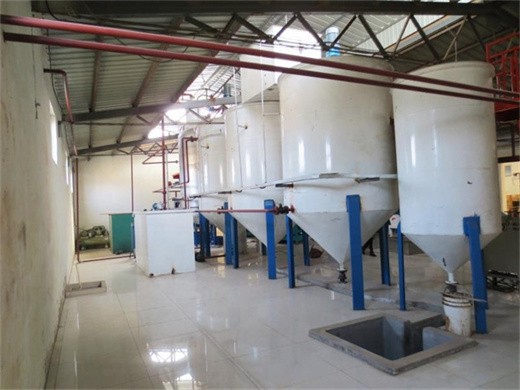
According to statistical datum, producing 1ton crude palm oil will generate 0.5tons water water, for a 100t/d palm oil mill factory, it means it will produce 50tons palm oil mill effluent at least.waste. The waste water is brown with the oil and impurities, water temperature is about 80-90℃, Ph4-5, it is with some oil, metal, organic
Get Price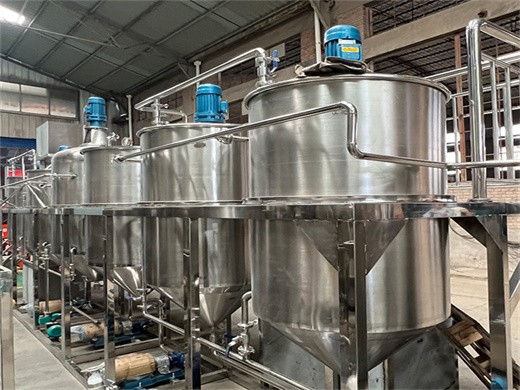
Asian Journal on Energy and Environment ISSN 1513-4121 Available online at asian-energy-journal.info Toward Cleaner Production of Palm Oil Mills: Part 2 Minimization of Water Consumption and Process Optimization J. Chungsiriporn1, S. Prasertsan2 and C. Bunyakan3
Get Price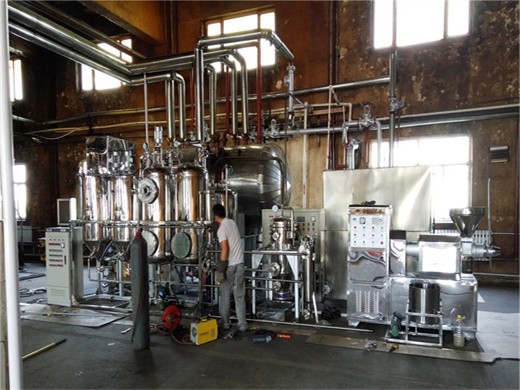
2017-03-30· Palm oil is the world’s most popular vegetable oil, widely used in the food, personal care, chemicals and energy sectors. Over 56 million tonnes of palm oil was consumed in 2013 and this is expected to double by 2050. Its popularity is due to palm oil’s high productivity, low market price, and versatility compared to other vegetable oils.
Get Price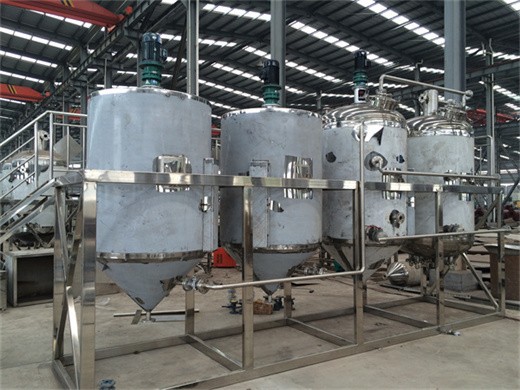
Assessment and Improvement of Energy Utilization in Crude Palm Oil Mill Kritsana Sommart and Suneerat Pipatmanomai + The Joint Graduate School of Energy and Environment, King Mongkut’s University of Technology Thonburi, Bangkok, 10140, Thailand Abstract. This paper assessed the energy utilization efficiency and determined the potential of
Get Price
Summary Clostridium sp. LS2 was immobilised by entrapment in polyethylene glycol (PEG) gel beads to improve the biohydrogen production rate from palm oil mill effluent (POME). We sought to explore
Get Price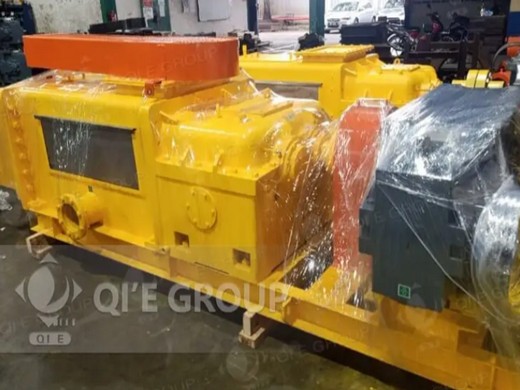
Water Treatment for Palm Oil Mill Effluents (POME) Creating sustainable solutions for the Palm Oil Mills through effective effluents treatment and resource recovery. Palm oil has become a major, global agricultural commodity, used for food and non-food applications and most recently touted as a promising feedstock for biofuel production.
Get Price
One of the unique aspects of Malaysian renewable energy sources is that the palm oil mill is self-sufficient in energy, using PPF, EFB and shell as fuel to generate steam in waste-fuel boilers for processing, and power-generation with steam turbines as described in Section 2.2.
Get Price
Palm oil mill effluent (POME) is a wastewater generated from palm oil milling activities which requires effective treatment before discharge into watercourses due to its highly polluting properties. The characterization of wastewater is the essential step in the design of any wastewater treatment plant (WWTP) in the industry as conducting pilot-scale tests to obtain design and operating
Get Price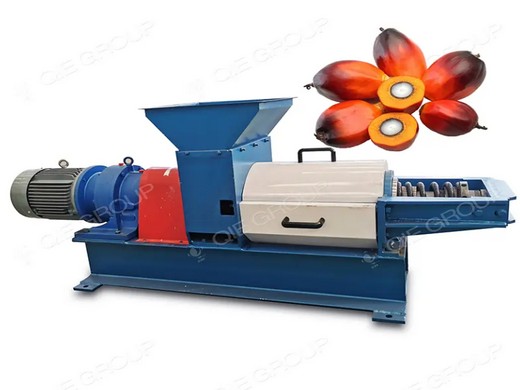
These processes have a deep impact on the amount and composition of waste water (POME). Compared to conventional palm oil mills the total amount of palm oil mill effluent (POME) can be reduced from 0.65 m 3 t-1 FFB to 0.45 m 3 t-1 (conventional sterilization and zero dilution water) and 0.25 m 3 t-1 (continuous sterilization and zero dilution
Get Price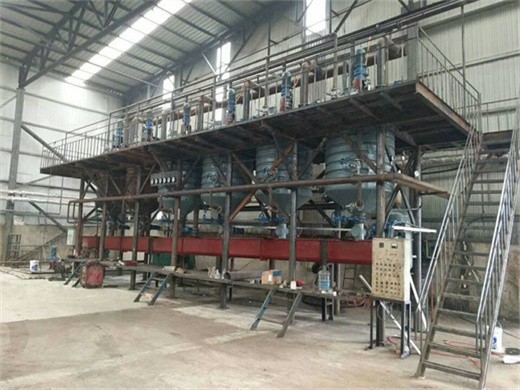
palm oil production The main producer countries of palm oil are ndonesia andi malaysia in South east asia. However, increasingly large plantations are also cultivated in South america and africa. With its global network of sales and service activities gea is a powerful and close partner to the palm oil
Get Price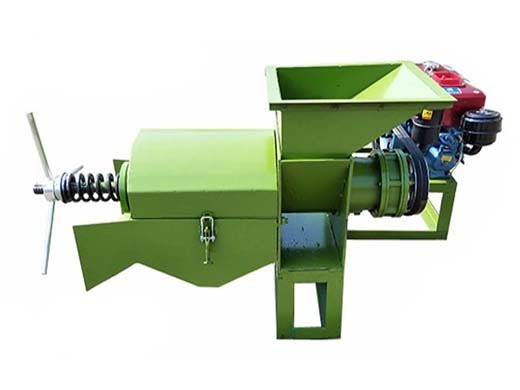
Key words: Thermoanaerobacterium-rich sludge Palm oil mill effluent Biohydrogen Thermophilic condition Alkaline pretreatment INTRODUCTION fermentation of wastes can both reduce waste disposal Biohydrogen is a promising clean fuel as it is major advantages of dark fermentative process are ultimately derived from renewable energy sources. It is
Get Price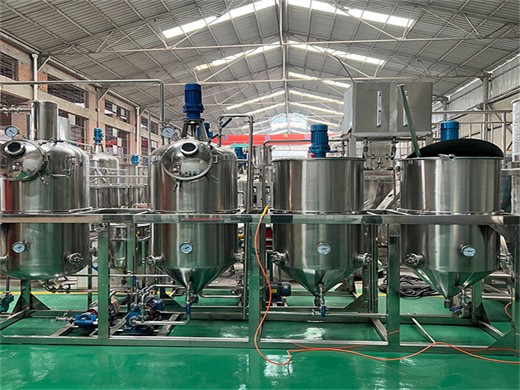
Prasertan and Prasertan (1996) reported that during processing in palm oil mills, more than 70% (by weight) of the processed FFB is usually left over as oil palm wastes. The wastes products from oil palm processing consist of oil palm trunks (OPT), oil palm fronds (OPF), palm oil mill effluent (POME), empty fruit bunches
Get Price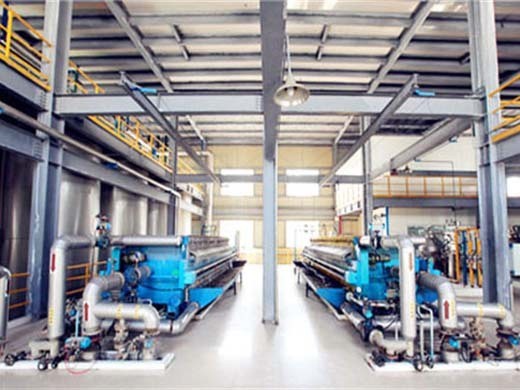
2017-09-09· Pam Acid Oil. Palm Acid Oil (PAO) is a biofuel feedstock derived from Palm Oil Mill Effluent (POME). PAO is a by-product of the chemical refining of palm oil and consists of FFA (over 50%) and
Get Price